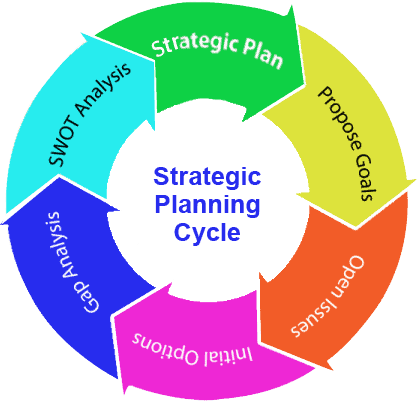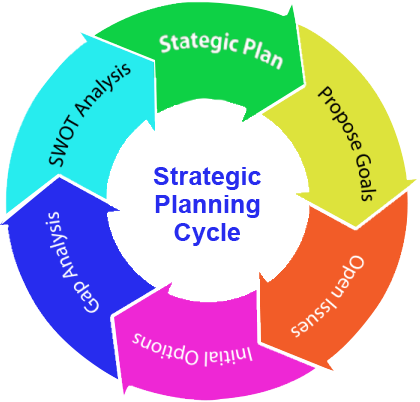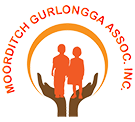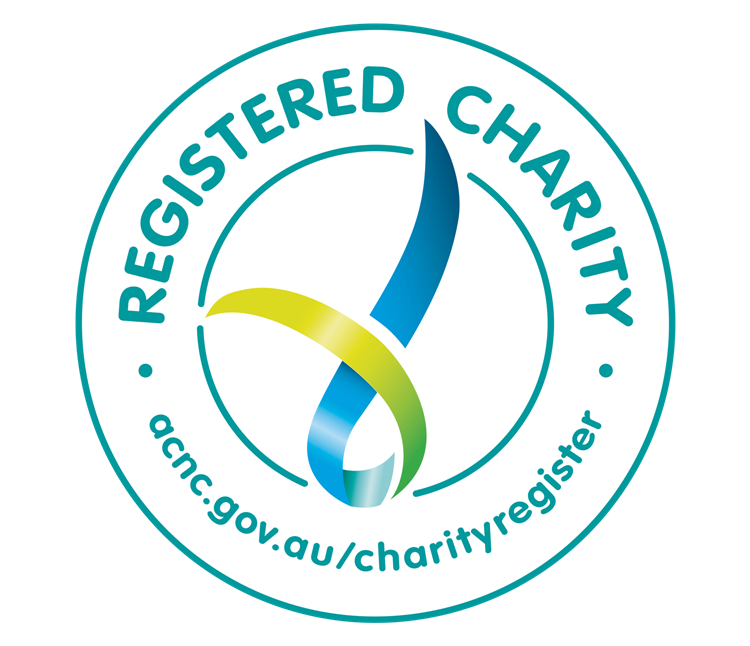STRATEGIC OBJECTIVES
Early childhood education develops strong foundations in both cultures and language of their family and broader community without compromising their cultural identities.
Children develop confidence and a strong sense of identity.
Development of social-cultural heritage through the engagement of elders and community members.
Early childhood education provides the foundation for our children to be able to excel in primary and
secondary education.

STRATEGIES
Promote in all children a strong sense of who they are and their connectedness to others.
Ensure all children experience pride and confidence in their achievements.
Share children’s success with families.
Understand each child, their family and communities’ contexts in planning for children’s learning.
Provide rich and diverse resources that reflect children’s social worlds.
Listen to and learn about children’s understandings of themselves.
Actively support the maintenance of home language and culture.
Develop authentic children’s understanding of themselves.
KEY MEASURES OF SUCCESS
Increased numbers of children who identify who they are and where they come from.
Increased award systems where children are achieving success on a daily basis.
Increased rapport and communication with parents by discussing children’s success through face-to-face conversations or using the daily communication diary.
All parents to complete the ‘Who’s Your Mob’ Form.
Increase Noongar Language by having a Noongar word of the week, labelling furniture, objects, and tasks in
Noongar language.
Employment of a Noongar Language and Cultural Teacher.
Increase Noongar language songs that are included in the children’s communication diaries and CDs.
Actively participating in community cultural functions and ensuring that the children celebrate National Aboriginal Islander Children’s Day at the Centre.
Children to perform in language for their family and community.
STRATEGIC OBJECTIVES
- Early childhood education that develops strong foundations in both culture, language of their family and broader community without compromising their cultural identities.
Children develop confidence and a strong sense of identity.
Development of social-cultural heritage through the engagement of elders and community members.
Early childhood education provides the foundation for our children to be able to excel in primary and secondary education.

STRATEGIES
Promote in all children a strong sense of who they are and their connectedness to others.
Ensure all children experience pride and confidence in their achievements.
Share children’s success with families.
Understand each child, their family and communities’ contexts in planning for children’s learning.
- Provide rich and diverse resources that reflect children’s social worlds.
- Listen to and learn about children’s understandings of themselves.
- Actively support the maintenance of home language and culture.
- Develop authentic children’s understanding of themselves.
KEY MEASURES OF SUCCESS
Increased numbers of children who identify who they are and where they come from.
Increased award systems where children are achieving success on a daily basis.
Increased rapport and communication with parents discussing children’s success through face-to-face conversations or using the daily communication diary.
All parents to complete the ‘Who’s Your Mob’ Form.
Increase Noongar Language by having Noongar word of the week, labelling of furniture, objects and tasks in Noongar language.
Employment of a Noongar Language and Cultural Teacher.
Increase Noongar language songs that are included in the children’s communication diaries and CDs.
Actively participating in community cultural functions and ensuring that the children celebrate National Aboriginal Islander Children’s Day at the Centre.
Children to perform in language for their family and community.

